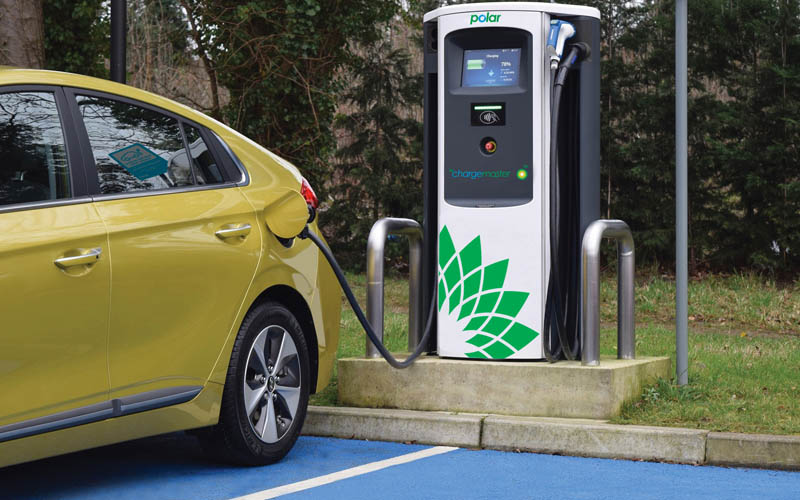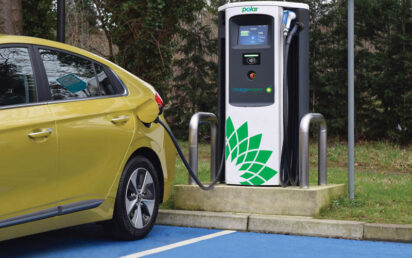Oil giant BP has announced its plans to be a net zero firm by 2050 as it pivots from oil company to an ‘Integrated Energy Company’.
Within 10 years, the firm said it aims to have increased its annual low carbon investment 10-fold to around $5bn a year, building out an integrated portfolio of low carbon technologies, including renewables, bioenergy and early positions in hydrogen and Carbon Capture, Utilization, and Storage (CCUS).
By 2030, it said its oil and gas production is expected to reduce by at least one million barrels of oil equivalent a day, or 40%, from 2019 levels.
Over the same period, the company said it is also aiming to increase electric vehicle charging points from 7,500 to over 70,000, and to have energy partnerships with 10-15 major cities around the world and three core industries.
It also plans to quadruple output of bioenergy; electricity and gas that is generated from organic matter.
Bernard Looney, BP’s CEO said: “We understand energy markets deeply, and have developed unique capabilities in trading, marketing, technology and innovation. And we are not starting from scratch in this new world.
“From our Lightsource bp joint venture – now in 13 countries – to our electric vehicle charging partnership with DiDi in China, and our industry-leading convenience partnerships with M&S in the UK and REWE in Germany – we are already building scale and capability.”
Helge Lund, BP chairman added: “Energy markets are fundamentally changing, shifting towards low carbon, driven by societal expectations, technology and changes in consumer preferences.
“And in these transforming markets, bp can compete and create value, based on our skills, experience and relationships. We are confident that the decisions we have taken and the strategy we are setting out today are right for bp, for our shareholders, and for wider society.”


